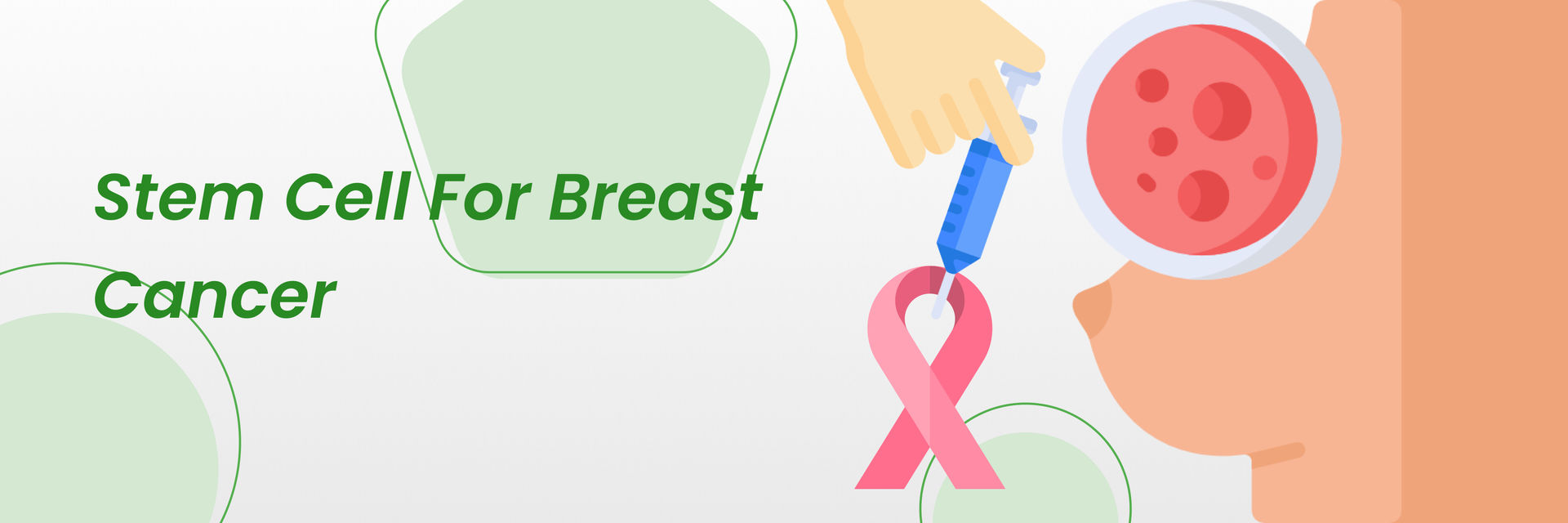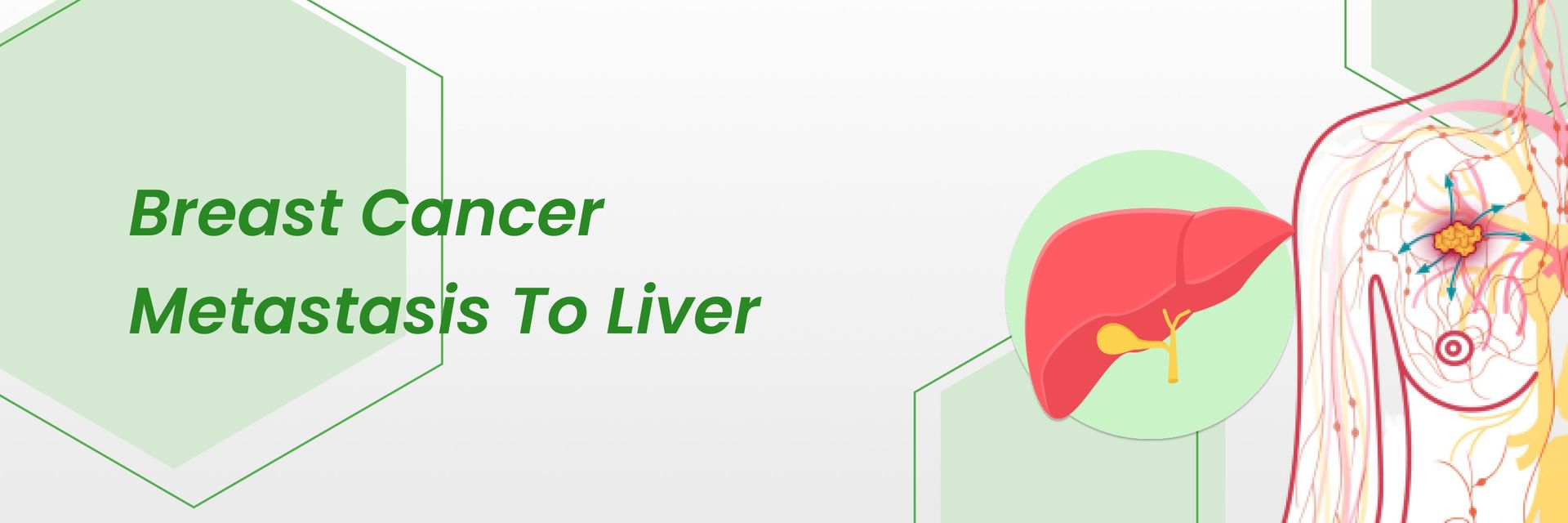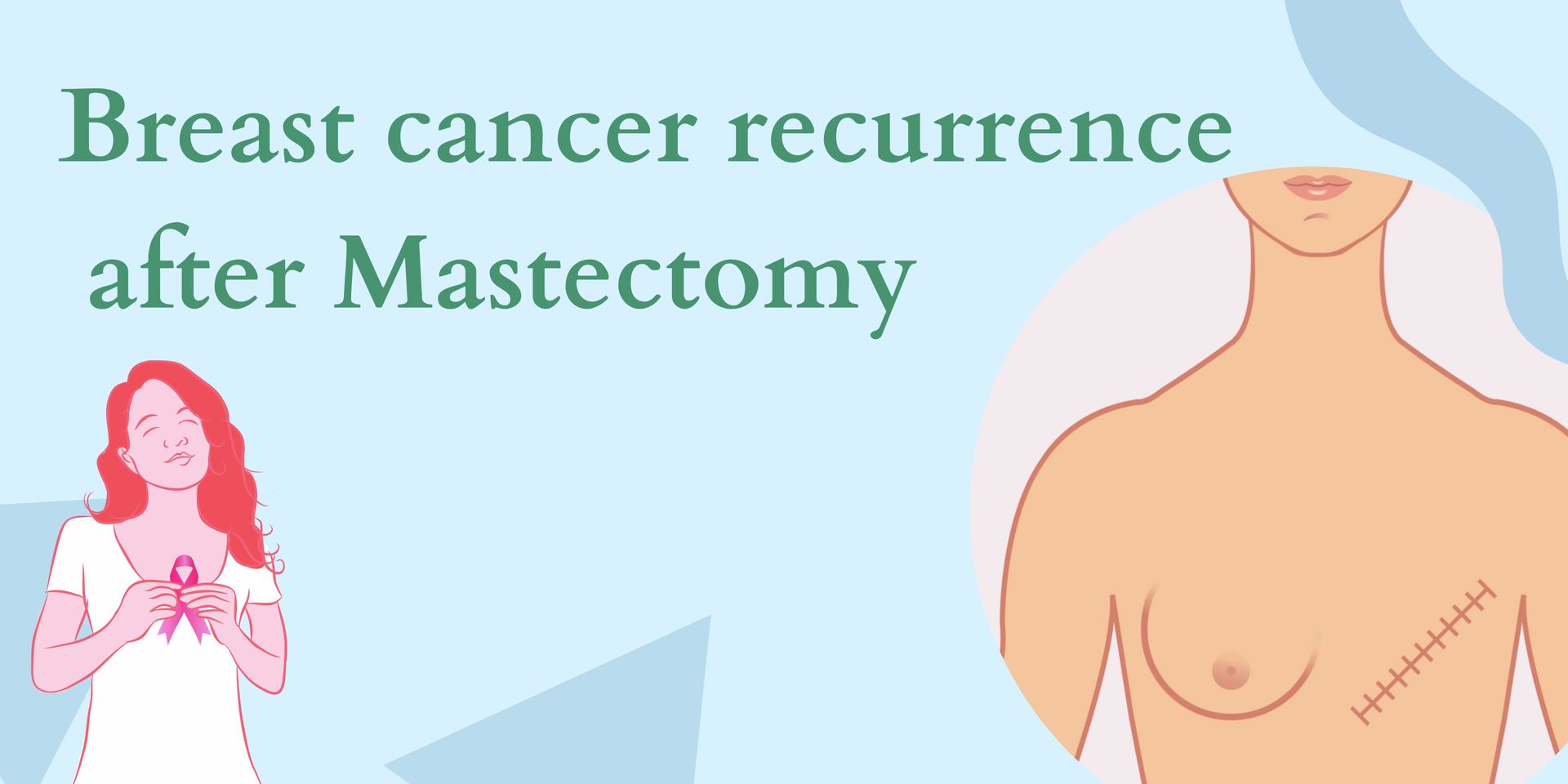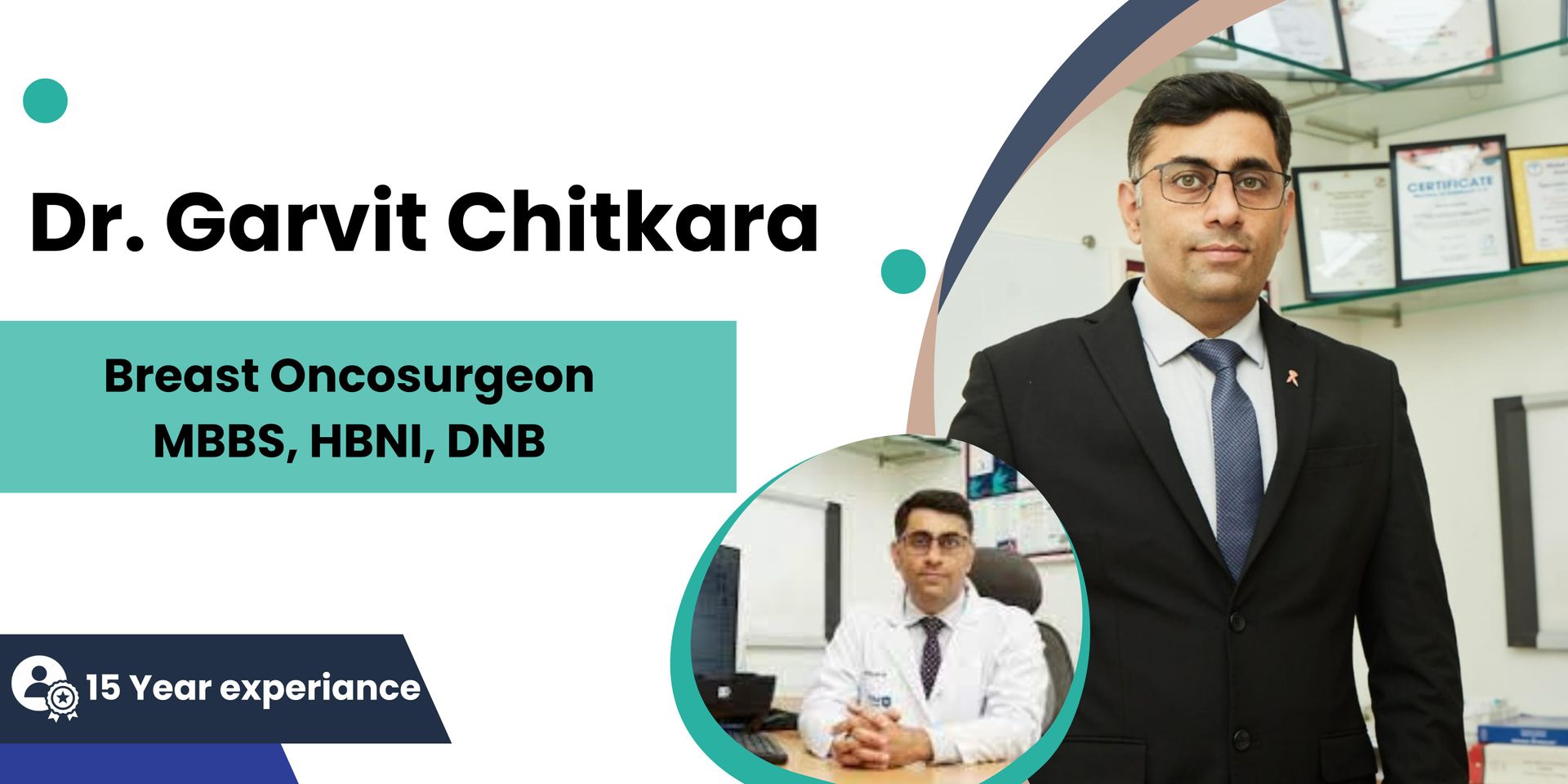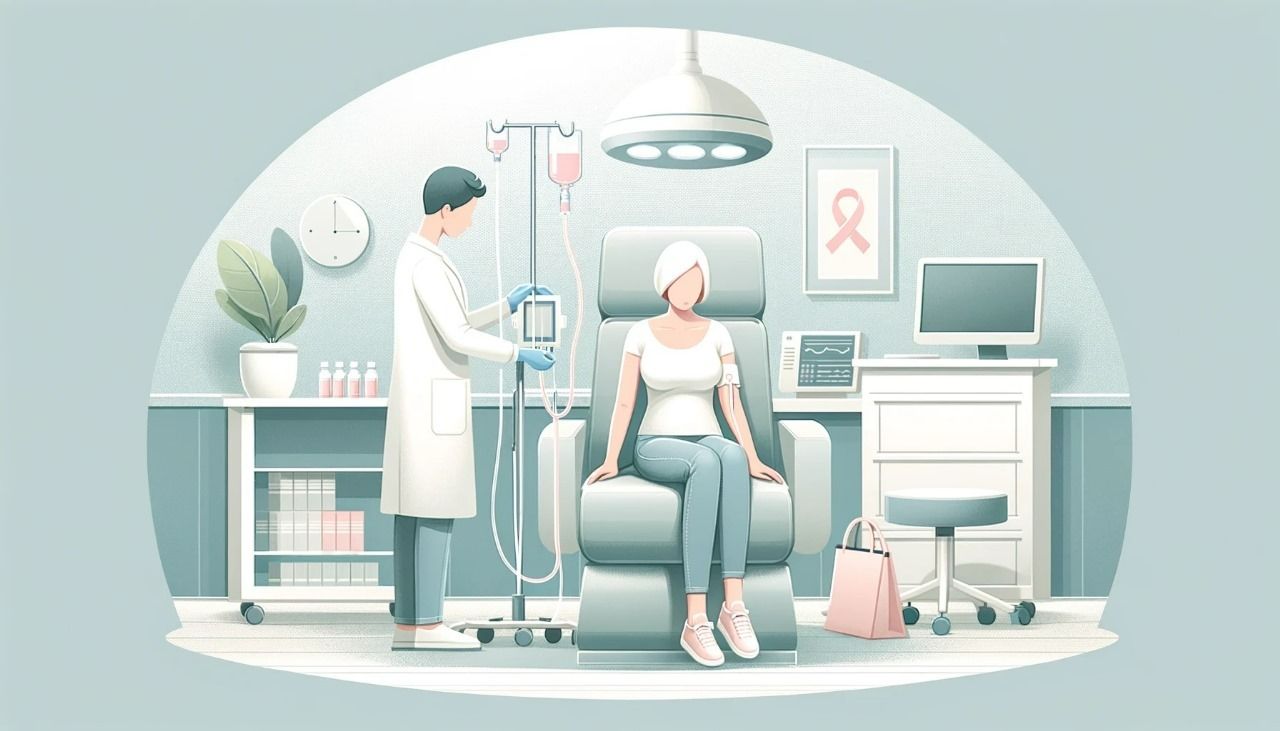The journey through breast cancer is one of courage, resilience, and hope. For young women who face this diagnosis, the desire for motherhood remains steadfast. Many women worry about having a baby after breast cancer because treatments can affect fertility.
But is pregnancy possible after breast cancer?
The good news is that medical advances are helping many survivors become parents. Although about 80% of treatments might impact fertility, it's still possible to have a baby, and doing so doesn't increase cancer risk.
In this blog, we explore the delicate balance between breast cancer survivorship and the dream of motherhood,
Let’s explore how you can prepare and plan for a baby after beating cancer, with the right support and advice.
Understanding Breast Cancer and Its Impact on Fertility
It's a disease where some breast cells grow too fast and form a lump. Knowing about breast cancer is important because it helps you understand how it might affect your ability to have kids later on.
Schedule a consultation with a fertility specialist to discuss your options and address any concerns about breast cancer treatment and fertility.
How Does Breast Cancer Treatment Affect Fertility?
Breast cancer treatment can impact fertility in several ways:
1. Chemotherapy
- Menstrual Changes: Chemotherapy may cause irregular periods or stop them altogether temporarily or permanently.
- Ovarian Function: It can reduce the number of eggs in the ovaries, decreasing fertility.
2. Radiation Therapy
- Damage to Reproductive Organs: Radiation aimed at the pelvic area can harm the ovaries or uterus, affecting fertility and the ability to carry a pregnancy to term.
- Long-term Effects: How much it affects you depends on how strong the radiation dose was and exactly where it was targeted.
3. Hormone Therapy
- Delayed Conception: Certain hormone therapies, like Tamoxifen, can delay pregnancy plans as they require avoiding conception during treatment.
- Age Considerations: Long-term hormone therapies may postpone family planning, as they are often prescribed for several years.
Understanding these effects can help you make informed decisions about your reproductive health and explore fertility preservation options before treatment begins.
Statistics on Fertility After Breast Cancer Treatment
Even though these treatments might make it harder to have a baby, many women still succeed in getting pregnant after their treatment is done. According to studies, about 10-40% of women find it hard to conceive after chemotherapy, but a lot depends on your age and what kind of treatment you had.
Knowing these stats can help you plan.
The Feasibility of Pregnancy
- BRCA Carriers: Among women carrying germline BRCA pathogenic variants, the feasibility of pregnancy after breast cancer remains a critical question. Recent research sheds light on this delicate balance.
- International Cohort Study: A hospital-based cohort study involving 4732 BRCA carriers revealed that 1 in 5 patients conceived within ten years after breast cancer diagnosis.
- Maternal and Fetal Outcomes: Remarkably, pregnancy following breast cancer in BRCA carriers was not associated with adverse maternal prognosis or fetal outcomes.
Considering starting a family after treatment? Consult a fertility specialist to explore your options and find the best path forward for you. Schedule a consultation now.
Are you ready to think about having a baby?
Preparing for Pregnancy After Breast Cancer
Before planning for pregnancy, it's crucial to ensure your body is ready:
- Full Health Check-Up:
- General Health: Confirm overall wellness and recovery post-treatment.
- Specific Tests: Undergo assessments for heart, lung, and reproductive health.
- Consultation: Discuss any ongoing health issues that may influence pregnancy outcomes.
Timing for Pregnancy After Treatment
Choosing the right time to conceive after breast cancer treatment is vital:
- Recommended Waiting Period:
- Minimum Wait: Most doctors advise waiting at least two years after the end of treatment before trying to conceive.
- Reasons for Waiting: This period allows your body to heal and detect any recurrence early.
Fertility Preservation Techniques
For those considering future parenthood, exploring fertility preservation before treatment begins is essential:
- Planning:
- Consultation: Discuss fertility preservation options with your oncologist or a fertility specialist.
- Available Techniques:
- Egg Freezing: Safeguard your eggs for future use.
- Embryo Freezing: Create and store embryos if you are in a stable relationship or using donor sperm.
These proactive steps can help you maintain your options for having children after recovery, providing peace of mind as you navigate your treatment and recovery.
Planning to start a family after beating breast cancer? Consulting with a fertility specialist can give you the best start.
Fertility Treatment Options Post-Cancer
Common Fertility Treatments Used by Cancer Survivors
Exploring your options for fertility after cancer? Here are two popular methods many survivors use:
1. In Vitro Fertilization (IVF):
- Process: Eggs are harvested from your ovaries, fertilized with sperm in a lab, and the resulting embryos are implanted in your uterus.
- Complexity: More complex and usually more expensive than other methods, but often more effective.
2.Intrauterine Insemination (IUI):
- Process: Sperm is inserted directly into your uterus during your fertile window to increase the chances of fertilization.
- Complexity: Simpler and less invasive than IVF, often used as a first step in fertility treatment.
Curious about how effective these treatments are?
Success Rates of Fertility Treatments After Cancer
- IVF Success Rates:
- Cancer Survivors: Success rates may be lower if chemotherapy or radiation affects your reproductive organs.
- IUI Success Rates:
- General Statistics: Success rates for IUI generally range from 10-20% per cycle, making it less successful than IVF but also less invasive.
- Considerations: A good preliminary option before moving to more intensive treatments like IVF.
Explore fertility treatments with a specialist who understands your medical history and post-cancer needs. Schedule a consultation today.
Support and Resources
Finding the Right Fertility Clinic
Need help choosing a fertility clinic?
It’s important to find one that understands the specific needs of cancer survivors. Look for clinics with doctors with experience working with people with cancer. They’ll be more familiar with your challenges and can offer the right treatments.
Also, check if the clinic has success rates and read reviews from other patients to see how satisfied they were with their care.
Support Groups and Counseling
Support groups and counselling can be very helpful. These resources offer a chance to meet other people who are going through similar experiences. You can share your feelings, get advice, and support each other.
Conclusion
Dealing with breast cancer is tough, but it doesn’t mean giving up on your dreams of being a mom. Many women who've had breast cancer can still have babies safely and without worries about their health in the long run. Remember, you’re not alone.
We're here for you, cheering you on every step of the way. Contact us now for support.
FAQs
- Can Breast Cancer Treatment Cause Permanent Infertility?
Some treatments might, especially chemotherapy, but many women can still conceive after their treatment. - Is Pregnancy Safe After Breast Cancer?
Yes, pregnancy is generally safe after breast cancer and does not increase the risk of cancer returning. - How Long Should I Wait to Get Pregnant After Treatment?
Doctors usually recommend waiting at least two years after finishing treatment to ensure your body has fully recovered. - What Are the Risks of Pregnancy After Breast Cancer?
The risks are similar to those for women who haven't had breast cancer, though individual health factors may vary.
Reference
https://www.ncbi.nlm.nih.gov/pmc/articles/PMC8927839/
